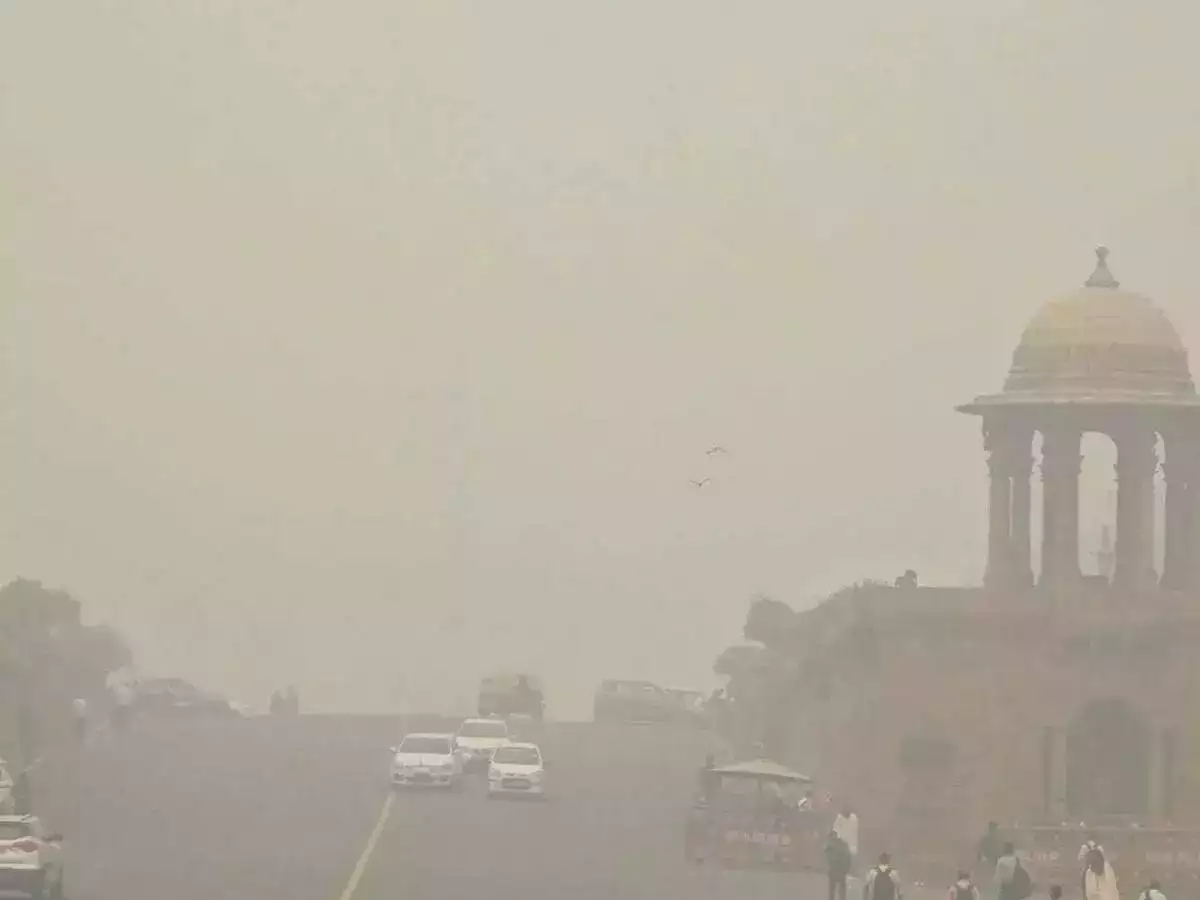City’s Rising Pollution Levels Cause Health Problems, Say Doctors
The pollution levels in the city are not only causing respiratory issues like asthma and bronchitis but also leading to a surge in patients with watery eyes and itchy throats, doctors have warned.
With the air quality index (AQI) reaching the “severe plus” category in several parts of Delhi, the city is engulfed in thick toxic smog. The AQI recorded levels around 500, which is a staggering 100 times higher than the limit considered healthy the World Health Organization (WHO).
Dr. Anita Sethi, Director & HOD ophthalmology at Fortis hospital Gurugram, revealed that the number of patients with watery eyes has increased almost 50% in recent times. Some patients also experience burning, itching, and irritation in their eyes. Dr. Ambarish Joshi, Senior Pulmonologist at Primus Super Specialty Hospital, added that patients are reporting a variety of discomforting symptoms including itchy throats, burning eyes, exacerbated allergies, and congested lungs. The hospital currently has 28 occupied beds, with 14 in the ICU and 2 patients on ventilators.
The Central Pollution Control Board (CPCB) has expressed concern over the pollution levels in Delhi, stating that they reached their worst since 2020. Prolonged exposure to air pollution can have severe health impacts, particularly on children, leading to respiratory diseases.
According to doctors, the elderly, children, and individuals with allergies are at greater risk. Dr. Sethi explains that the dry air of winter and the pollution increase the dryness of the eyes, making them more sensitive to the particulate matter in the air, resulting in burning, irritation, and watering eyes. Additionally, the change of seasons brings higher pollen levels, which exacerbates symptoms for those prone to allergies. People with pre-existing allergies, contact lens wearers, and individuals with a dry eye syndrome may experience more difficulties.
To mitigate the health risks, doctors and authorities are encouraging Delhiites to take necessary precautions such as wearing masks and staying indoors whenever possible. Dr. Joshi emphasized the need for individuals to reduce their exposure to dust and pollutants to ensure their well-being. He advised the public to wear masks, avoid strenuous exercise in open areas, and refrain from smoking or exposing themselves to secondhand smoke.
With the pollution crisis escalating, it is crucial for everyone to prioritize their health and follow these guidelines.

